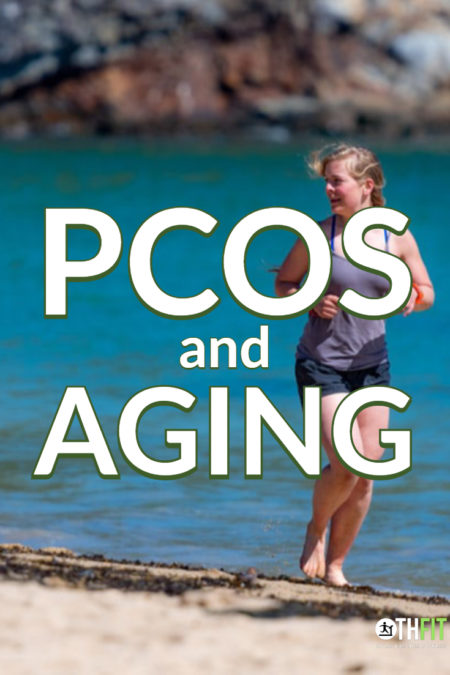
PCOS and Aging
I was diagnosed with Polycystic Ovarian Syndrome (PCOS) when I was around 19 old. I had gained about 80 pounds over a 2-year period, without substantial changes in my diet and despite regular exercise. Today I wanted to share some of the information I have gathered about PCOS and aging with you.
I found out that I had PCOS because I wasn’t menstruating, and I was struggling with fertility. The Dr. who diagnosed me advised that it would make getting pregnant more difficult. Unfortunatly, he didn’t really give me any other information.
A few years and 5 miscarriages later, I decided that having a biological child wasn’t going to happen. So I stopped fertility treatments. That stopped any treatment I was getting for my PCOS because I thought of it purely as a hindrance to fertility. I did not know all the ways that it was affecting my life every day.
Find the right Doctor
Thankfully, several years later, I finally found a Dr. who really explained PCOS. She showed me how it was affecting me, and how I could help manage the symptoms. I struggled with amenorrhea, which means I did not menstruate, I had great difficulty losing weight, I was fatigued and nauseated daily, I had adult acne that was worse than when I was a teenager, I had high cholesterol, high blood pressure, and type 2 diabetes, and I had embarrassing facial hair.
It was almost a relief to find out that all these things can be attributed to PCOS. I was able to educate myself and start to work on my symptoms. With the help of my doctor I was able to manage my PCOS better than I ever expected.
PCOS and Aging?
I am now 40 and I started wondering what that means for my PCOS. Since 2018, I have lost 90 pounds, lost my diabetes diagnosis, and lowered both my cholesterol and blood pressure to within normal limits. I have done this with exercise and following the keto diet, which you can read more about here.
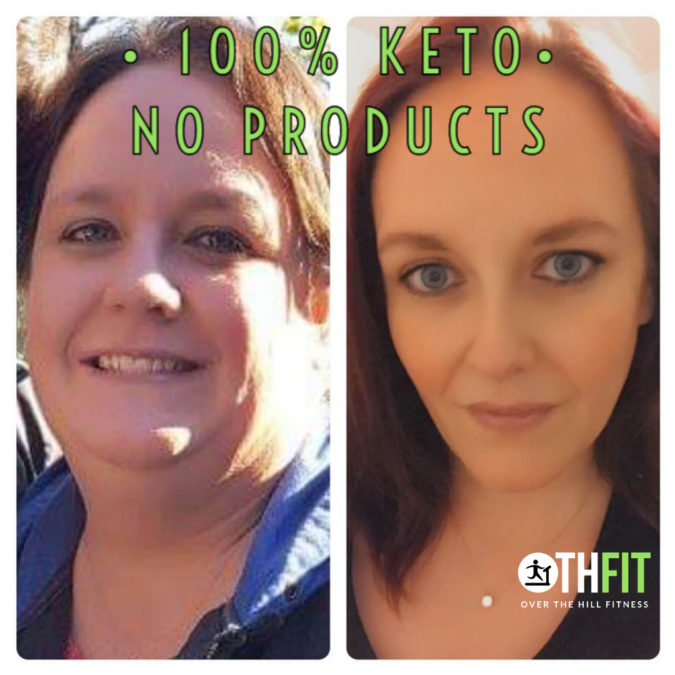
I have seen positive changes in my PCOS, namely the weight loss, pain, and lessening of my nausea. Still, there are other facets that haven’t changed. I still have to shave daily to keep the hair that grows on my face and neck at bay, I still deal with stubborn acne, and restful sleep basically never happens.
Prior to having a hysterectomy at the end of 2018, out of no-where, for the first time in 21 years, I spontaneously had a period. Was this due to weight loss? I wasn’t sure, I’ve been at lower weights and never started menstruating. I decided to do some sleuthing.
Some PCOS symptoms can improve with age, some don’t
PCOS and aging is a bit of mixed bag. What I found was that as we age, the symptoms of PCOS naturally improve some. Testosterone levels, for example, decline to those of “normal” women by the age of 61. Androgen, a key hormone in period disruption, also declines as we age. Women in their 30’s with PCOS can start to see more normal periods (PCOS Nutrition, 2016).
There are even some age-related issues that women with PCOS may fare better than their normal peers. For example, women with PCOS report fewer hot flashes and sweating during menopause. Unfortunately, we also report more male-pattern hair growth, a lot more. 64% of women in menopause with PCOS reported excessive hair growth while it was a complaint of non-PCOS women only 9% of the time.
Because PCOS is an endocrine disorder, many of us have trouble with insulin resistance and some of us have cardiovascular problems. As we age, what happens to those things? Unfortunately, it seems like we maintain increased insulin, higher rates of inflammation, and higher cholesterol. In fact, those markers may worsen after we go through menopause. This is likely due to excess weight as the highest gains in these areas were by women who were overweight (PCOS Nutrition, 2016).
Importance of maintaining a healthy weight
Women naturally have a more difficult time losing weight and maintaining a healthy weight after menopause. We tend to get shorter and carry more body fat, especially around the middle. This is especially true of those of us with PCOS. To me, that means the time to get our bodies to a healthy weight is now!
If you’ve been putting it off, or have failed on numerous diets, it can be a daunting task, but it is not impossible. We know more than ever before about PCOS and, yes, it is hard to lose weight and keep it off, it is more difficult for us than our non-PCOS peers, but it is also more important for us. Our predisposition to numerous health problems, almost all of which are exacerbated by excess weight, means that to be healthy and live our fullest lives, we must strive to reach a healthy weight.
Healthy weight not low weight
I want to stress that I am not talking about getting your body ready for a bikini, I firmly believe that all bodies can be beautiful. I am talking about weight loss to ensure a healthy future. The science is clear that in PCOS, excess weight makes almost all our symptoms worse and leads to higher rates of cardiovascular issues, stroke, and even premature death.
In fact, in a study of 1,345 women with PCOS it was shown that while aging increases insulin resistance (and all the health issues that go along with it) in obese women, it did not have that effect on women who were a healthy weight or overweight (PCOS Nutrition, 2016).
So what does this mean for me? Unfortunately, my years of amenorrhea led to pre-cancerous cells in my uterus and a very thickened uterine lining. I had a hysterectomy at the end of 2018 so I never got to find out if my periods resumed naturally.
My facial hair will continue to be a daily struggle which sucks because that is the most difficult symptom for me emotionally. I know that maintaining a healthy weight is vital to stay healthy and I know that it’s not easy.
My personal weight loss
I am now, two and a half years into a weight loss journey that has been really successful thus far but I know from experience, that no matter how great I do, I can always slide backwards. An illness, an injury, increased stress, anything that interrupts my momentum can make staying on track difficult.
I’m sure that you have probably noticed that even if you’ve lost a significant amount of weight, it doesn’t take a lot to gain it back. I understand that following a keto lifestyle must be exactly that for me, a lifestyle. I cannot look at it as a diet, a temporary thing to achieve a goal.
My body will never process carbs and sugar the right way, my stomach will always fight to hang onto every bit of fat it can get. I will have to always eat differently than most of my peers or I may not be around to enjoy the beautiful life that I have.
References
PCOS Nutrition. (2016). What Happens to Women with PCOS as They Age? Retrieved from: here.

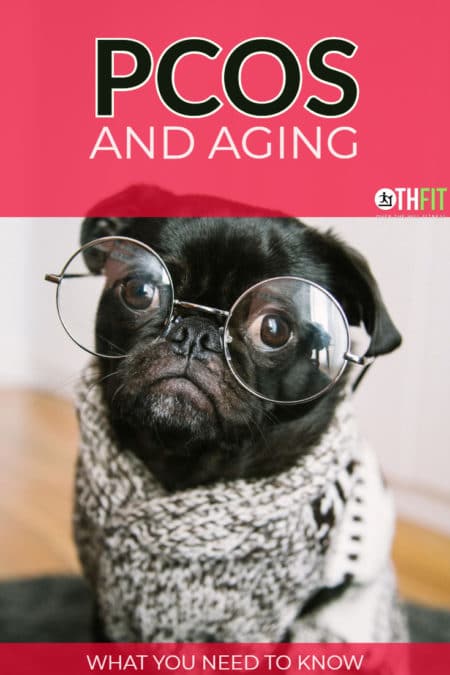
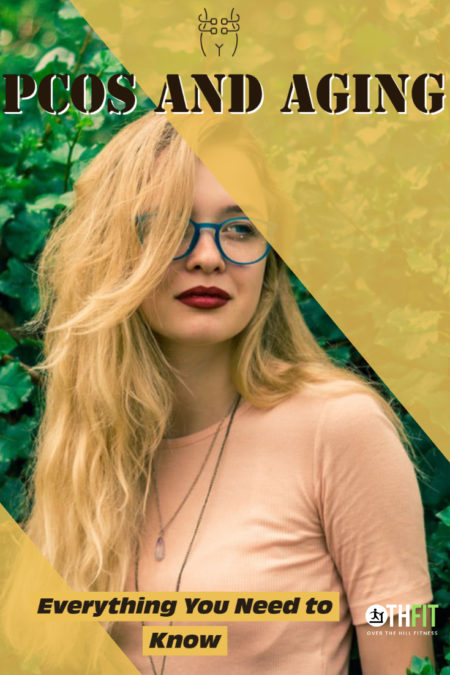
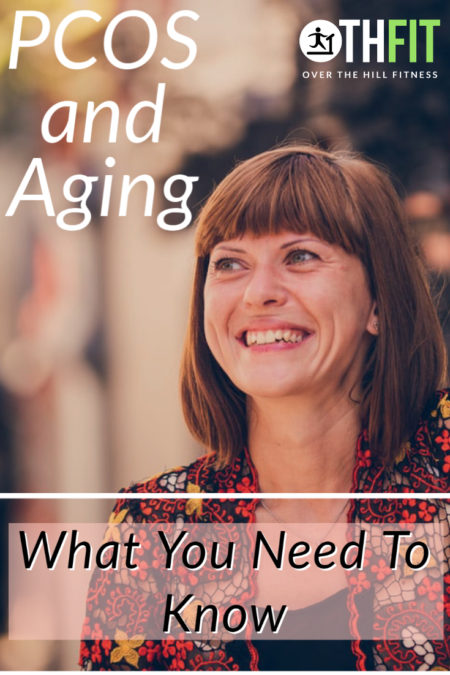
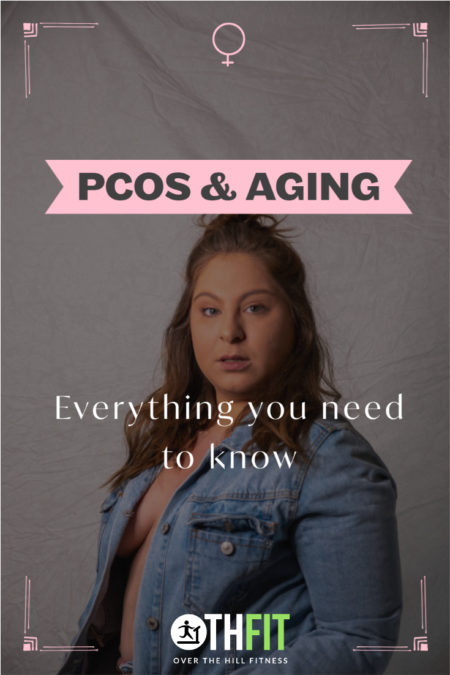
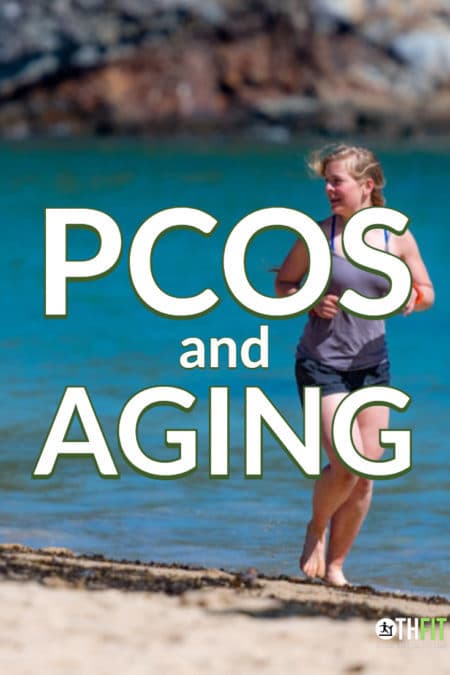
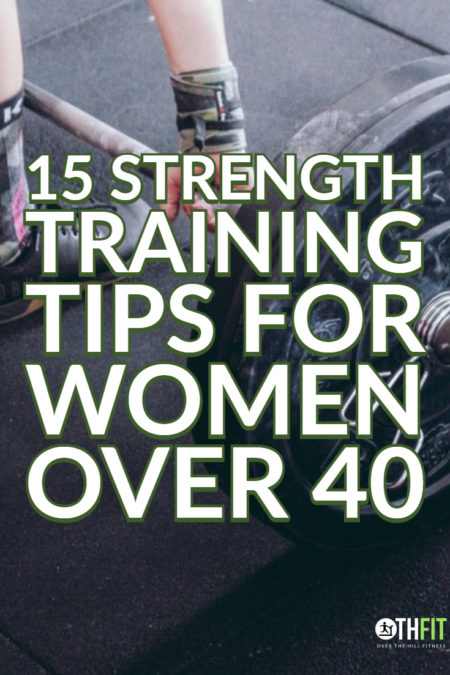


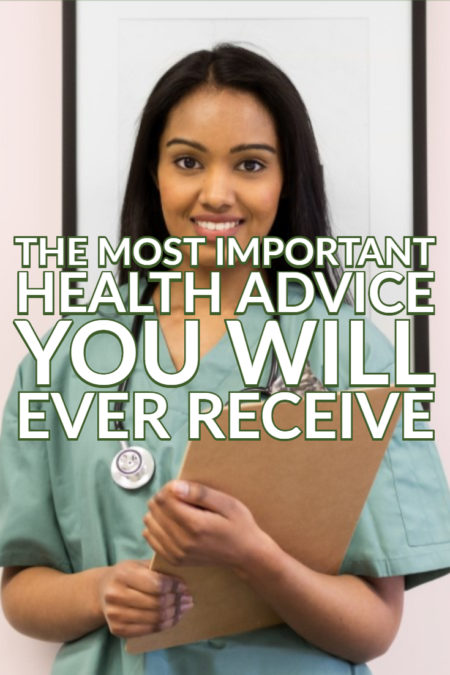


2 Comments
Kathleen Wonders
Beautiful and inspiring article. I never knew that PCOS could cause a lot of complications. You are amazing because you chose to adapt and better yourself in spite of it! Keep going, cheering for you! 🙂
Summer
Thank you very much, I was amazed that it took so long to find a doctor that took the time to educated me about PCOS, because it impacts so many things!